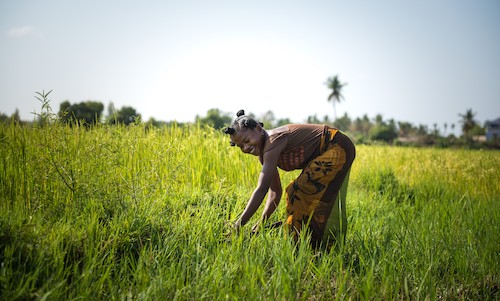In this course, we will go on a journey to Africa and and discuss what are the challenges and outlooks for sustainable development on the continent. The course introduces you to the key approaches, policies and international frameworks that aim to unlock more sustainable patterns of consumption and production (SCP).
We will cover a number of aspects and various thematic areas: from energy efficiency - to climate-smart agriculture, from SCP tools, policies and international agreements - to behavioral change of individuals.


